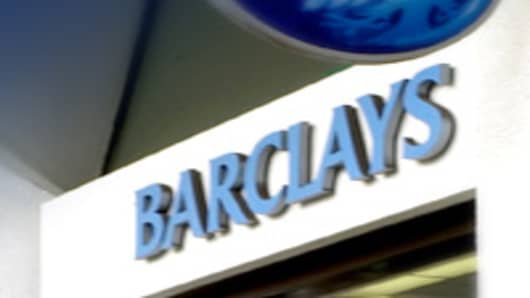Shareholders in Barclays have forced the British bank to accept tougher bonus conditions and promise higher dividends, highlighting how the balance of power between investors and managers is shifting at some of the biggest global banks.
The investor victory follows a shock vote in the US on Tuesday when 55 percent of shareholders in Citigroup refused to back the $15 million remuneration package for Vikram Pandit, chief executive.
After a series of bruising meetings with Barclays’ biggest shareholders over the past few weeks, Bob Diamond, chief executive, volunteered on Thursday to forgo half his 2.7 million pounds bonus for 2011 until Barclays had improved profitability.
The concession came a week before what was expected to be a stormy annual meeting at which some of Barclays’ leading owners had threatened to oppose its multimillion-pound executive pay scheme.
Barclays has come under fire from many of its largest investors — led by Standard Life Investments and including Fidelity, Scottish Widows Investment Partnership and F&C Asset Management — after it revealed that Mr Diamond’s take-home pay last year was 25 million pounds, including a 5.75 million pounds tax equalization payment. Many investors had said they would vote against the remuneration report and against directors on the remuneration committee at the meeting next Friday. In a further attempt to soothe investors, Barclays promised to distribute a greater share of profits to shareholders.
“The combination of higher earnings and a higher dividend payout ratio will allow a significant increase in the absolute level of dividends received by shareholders,” Barclays said.
Investors in Europe and the US are becoming more active and threatening to vote against big payouts to executives at bankswhere profits and returns to shareholders have fallen. They are calling for tougher performance conditions on bonuses and incentive plans. This is against a backdrop of heightened political and regulatory pressure on banks for more rigorous pay regimes, and amid political calls for shareholders to hold bank boards to account.
Patrick McGurn, general counsel at voting agency ISS, said the Citi vote “was a wake-up call to all money-center firms across the US, UK and Europe”.
One of Barclays’ shareholders that had opposed the pay package said on Thursday that it would now back the plan. “We are pleased that our key concerns over last year’s executive bonuses have been addressed,” said Guy Jubb, head of corporate governance at Standard Life.
However, another investor said: “It will pacify some but others think the remuneration issues go far deeper.”


